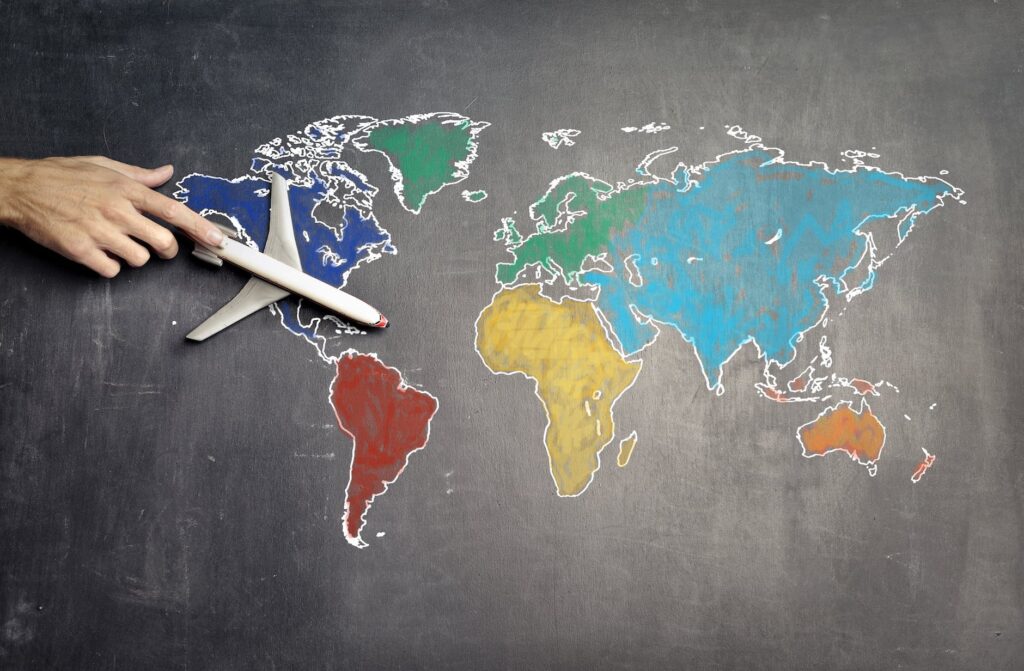
Introduction
International scholarships play a crucial role in promoting cultural exchange and fostering global understanding among students from diverse backgrounds. Say’s Dr Louis Hampers, these opportunities provide students with the chance to study in foreign countries, immerse themselves in different cultures, and build connections with peers from around the world. This article explores the significance of international scholarships in promoting cultural exchange and highlights the transformative impact they have on individuals and societies.
Exposure to Different Cultures
International scholarships offer students the unique opportunity to immerse themselves in a different cultural environment. By studying in a foreign country, students gain firsthand experiences of diverse traditions, customs, languages, and social norms. This exposure broadens their horizons, challenges their perspectives, and cultivates a deep appreciation for cultural diversity. Through interactions with local communities and fellow students, scholarship recipients develop cross-cultural communication skills and foster mutual respect, ultimately contributing to a more inclusive and tolerant global society.
Building Global Networks
International scholarships facilitate the formation of global networks among students from different countries and backgrounds. Scholars have the chance to engage with a diverse cohort of peers, professors, and professionals, creating lasting connections that extend beyond their academic journey. These networks become invaluable resources for collaboration, knowledge sharing, and future professional opportunities. By fostering these global networks, international scholarships contribute to the development of a connected community of individuals committed to cross-cultural understanding and cooperation.
Enhancing Language Skills
Studying abroad through international scholarships often involves learning or improving proficiency in a foreign language. Language immersion provides students with a rich linguistic experience, enabling them to communicate effectively with local communities and engage more deeply with the host culture. The acquisition of language skills opens doors to greater cultural integration, as scholars can fully participate in social activities, engage in meaningful conversations, and gain a deeper understanding of local customs and traditions. Proficiency in multiple languages is an asset in an increasingly interconnected world and enhances students’ competitiveness in the global job market.
Bridging Cultural Divides
International scholarships play a vital role in bridging cultural divides and fostering dialogue between different societies. Scholars act as cultural ambassadors, representing their home countries and sharing their own cultural backgrounds with their peers and host communities. Through these interactions, stereotypes and misconceptions can be dispelled, fostering mutual understanding and respect. The exposure to different perspectives and worldviews helps to break down barriers, promote empathy, and cultivate a global mindset. By bridging cultural divides, international scholarships contribute to building a more harmonious and interconnected world.
Conclusion
International scholarships have a profound impact on promoting cultural exchange and fostering global understanding. By exposing students to different cultures, facilitating the formation of global networks, enhancing language skills, and bridging cultural divides, these scholarships empower individuals to become global citizens. The cultural exchange facilitated by international scholarships enriches the lives of students and contributes to the development of a more inclusive and interconnected society. It is through these meaningful interactions and experiences that we can bridge cultural gaps, foster empathy, and build a brighter future grounded in mutual respect and appreciation for our diverse world.